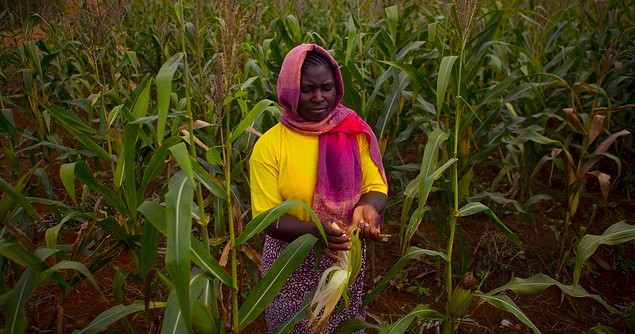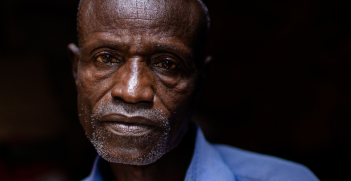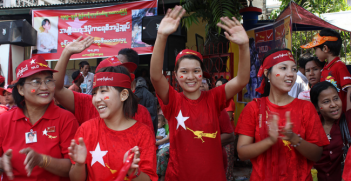Food for Thought

As well as contributing to the G20’s main agenda, Argentina is uniquely positioned to represent other developing economies – especially in future deadlocks over food security, writes José María Lladós.
The G20 has been successful in its reaction to the 2008 Global Financial Crisis and has fulfilled the rule of global public goods provider. Five years later, having overcome the crisis, the forum’s attention has been turned back to the reform of international institutions, regulation of the financial system and the coordination of fiscal policies. Meanwhile, new problems have arisen, as the world faces unsatisfactory economic growth.
A Broader Agenda
The main challenge that member countries will face is whether to broaden the forum’s agenda or to concentrate efforts on only a few issues to increase the G20’s effectiveness. According to official documents, the agenda will be focused on two main issues: a) boosting growth through the private sector and; b) building global economic resilience. These two issues seek to provide an answer to the world economy problems in both the short and long term.
Argentina’s Position
In this regard, Argentina’s position has been consistent since the 2008 Washington summit. The preferences can be grouped into three main issues:
1. Reform of international institutions – including the reform of the Bretton Woods Institutions, the granting of more decision-making power to emerging countries, the establishment of the peer review process, and the agreement on less conditionalities;
2. Regulation of the international financial system – consisting of the total elimination of tax havens, the possibility to use Central Banks’ reserves, control of vulture funds and the strict regulation of the financial system and economy; and lastly,
3. Economic growth and development – covered by maintaining fiscal stimuli, increasing the value of labour policies and the incorporation of the International Labour Organisation (ILO) into group discussions, supporting the conclusion of the Doha Round and a strong position in ongoing controversies over food security.
A Voice for Developing Countries
Examination of the G20’s new agenda for the Brisbane Summit shows Argentina has several opportunities to seize. First of all, our nation is perfectly positioned to be the spokesperson for the interests of an important number of developing countries. Secondly, this is an opportunity to influence global decision-making mechanisms – decisions which are essential to keeping the G20 relevant as a forum of dialogue and an exchange of ideas between the main players of the international system. Thirdly, Argentina can turn the discussion of food security into a constructive agenda to increase the supply of primary goods in order to benefit food importers and exporters.
Considering all these points, it is important to the global economy in general, and to Argentina in particular, that the G20 continues to be a relevant forum for leaders. The G20 needs to remain a stable, thematically open forum where major international players can discuss and design solutions to meet urgent and serious challenges the world is and will be facing.
José María Lladós is the Director of Academic Affairs, Argentine Council for International Relations.
This is an extract from G20: Words into Action Brisbane 2014, to be published by Faircount Media in association with the Australian Institute of International Affairs in October 2014.





